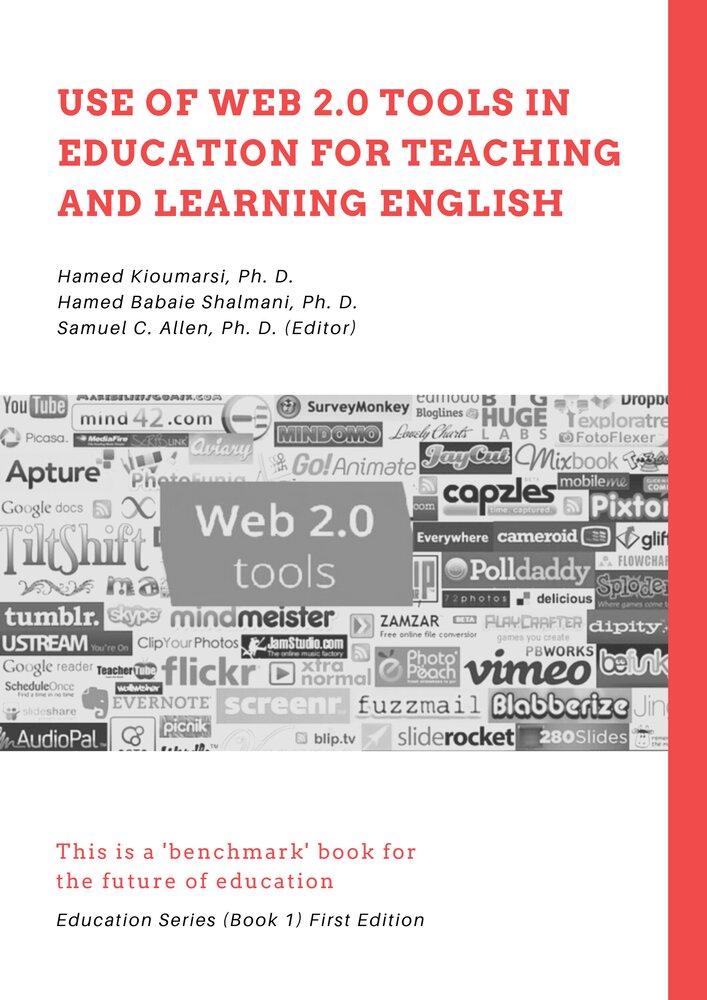Use of Web 2.0 Tools for Teaching and Learning

Hamed Kioumarsi, an Award-Winning Author and Researcher, stated that the book "Use of Web 2.0 Tools in Education for Teaching and Learning English" is a 'benchmark' book for the future of education.
Hamed Kioumarsi received his BSc and MSc degrees in Agriculture and Ph. D. from the University of Science Malaysia in 2004, 2007, and 2011 respectively. He then completed a second master's degree in Education. He is a Senior Researcher at the Guilan Agricultural and Natural Resources Research and Education Center, AREEO.
Hamed Babaie Shalmani received his Ph. D. in Teaching English as a Foreign Language (TEFL) from Shiraz University. He is currently an Assistant Professor in ELT & Applied Linguistics in the Department of English Language, Rasht Branch, Azad University, Rasht, Iran. He is an experienced educator.
Samuel C. Allen received his Ph. D. in Forest Resources and Conservation from the University of Florida. He is a research scientist with invaluable cross-cultural experience and understanding, who has conducted agricultural research at Universiti Sains Malaysia, University of the Philippines at Los Baños, and at universities in Florida, Mississippi, and New Mexico. He is also the founder of the SAE professional editing company, 305 W. 31st Street, Farmington, New Mexico 87401 USA.
There are many benefits to using web tools in education, and that is in many ways the most available and suitable tool to use. In this book, we start with a general introduction then theoretical framework, language learning in an EFL context, process versus product writing, pedagogic tasks in language learning, digital tools and their promise for language learning, collaborative learning in L2 pedagogy, the wiki-based approach and the development of L2 writing skills, and will end with a summary. This book is designed for those who wish to develop a broad understanding of the use of web tools in education for learning and teaching English so they can excel in their study and work, a detailed and well-structured guide that may also be used as a reference book. This is a 'benchmark' book for the future of education.
Source: Agricultural Research, Education and Extension Organization (AREEO), Iran
